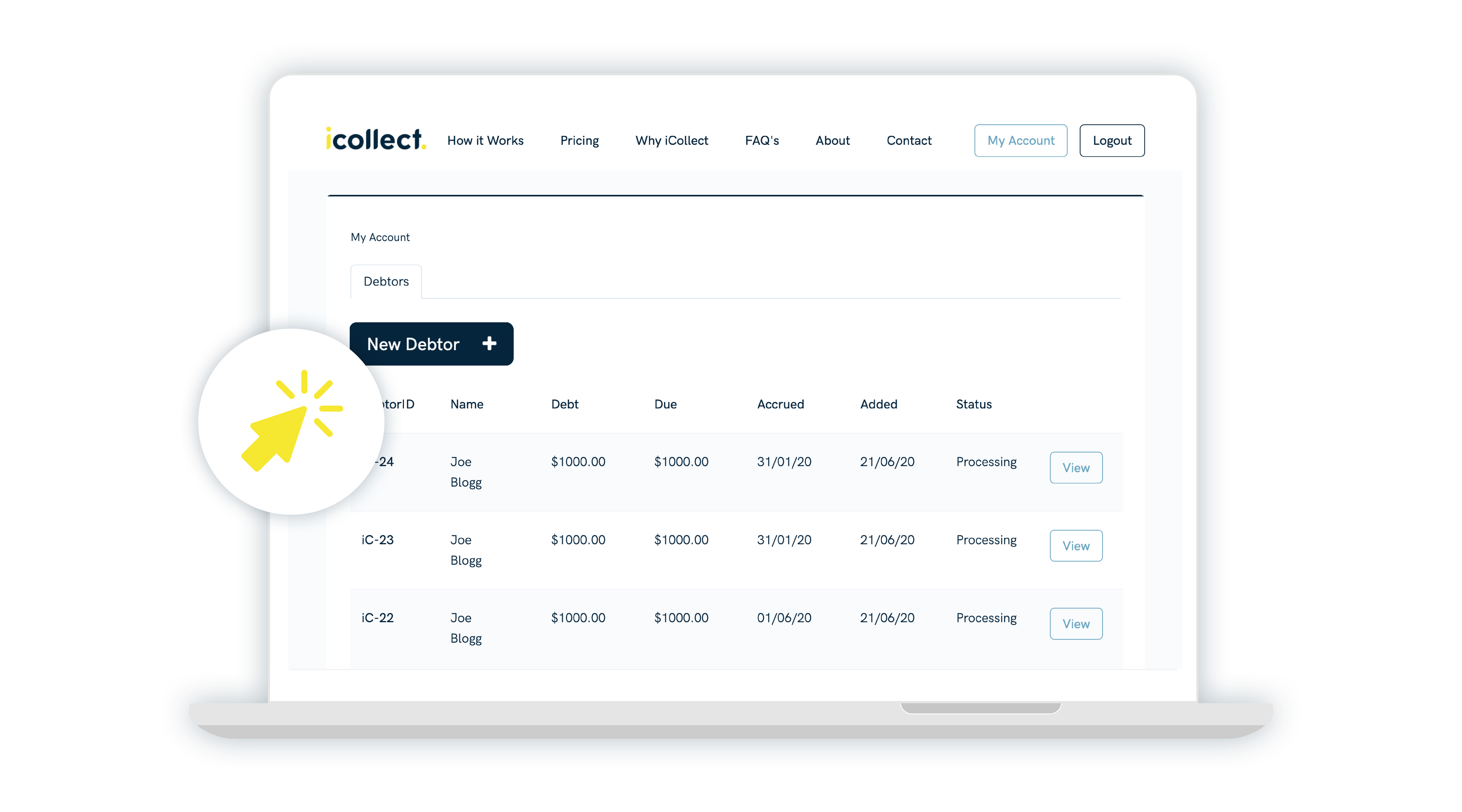Covid-19 has brought many things into the spotlight for us, including health and wealth. Assessing our business and personal debt levels has been the focus for many businesses and individuals over the last four weeks.
During such an unsettling time, it may feel insensitive to follow up unpaid invoices; however recovering debt doesn’t have to be a negative experience – for you or the debtor.
These simple steps can help you assess what debt you need to collect, its impact on your business, and ultimately enable you to recover outstanding invoices and improve cash flow.
One size doesn’t fit all
A one size approach isn’t the most efficient or effective way to recover debt, so take the time to work out the exact amount owed per debtor. Offering a payment plan or discount to the debtor leaves both parties in a win-win situation in most cases and can get initial results quickly.
Take a look and see which debts can be deferred or recovered through payment plans. If you have a good history with a debtor, know they are usually good at paying and would like to encourage them to work with you in future, explore deferring the payment altogether or working out a practical payment plan. This will help both parties to budget and manage their costs.
Communicate, not alienate
You already know that good communication is the key to success in many areas of your life. And it’s no different in the world of collecting debt and outstanding invoices. The first port of call is to make contact with your debtors, by giving them a ring or dropping them an email. Collecting some debts will be easier, as a simple reminder email after the due date is enough to inspire action.
If they are not responding after you’ve reached out a few times, then take a look at iCollect for a DiY approach to collecting debt
Especially in times of heightened stress like this, working with your debtor is far better than alienating them or upsetting them. People genuinely want to clear debt at times like these, so they have a clean slate. Give debtors the opportunity to work this through and give them the courtesy of a little extra time.
External help is at hand
Don’t think that you are alone, as there are professionals and government bodies out there to help you.
Government subsidies are a great way to get financial assistance where possible, to help you manage your business until your debtors have paid.
We can’t stress enough how important it is to talk to your accountant. They live and breathe financial management every day! Speaking to them, and working through the practical implications of whether a debt remains unpaid will practically help your budgeting and expenditure over the difficult times. Reaching out can also give you some emotional breathing space so you can manage cash flow as effectively as possible.
Your wellbeing comes first
Wherever you’re at in your debt collection process and journey; you need to look after yourself. Meditation, regular exercise, talking to friends and spending time with family are key ingredients to wellbeing, giving you the energy and tools to manage the personal impacts on your mind, body and soul.
